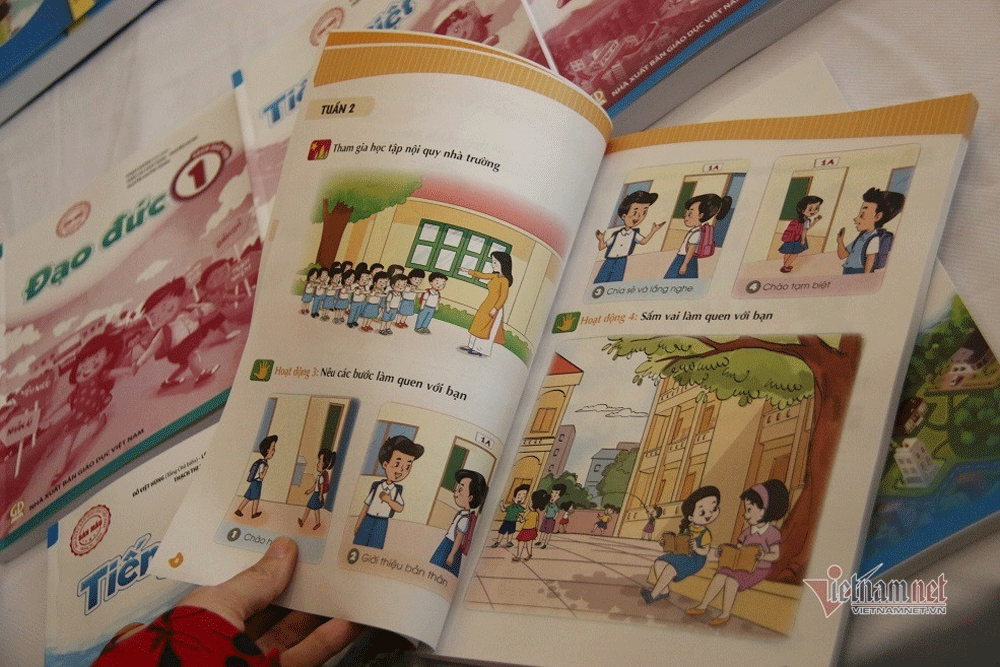
Nguyen Duc Thai, the former Chairman of the Board of Directors at the Vietnam Education Publishing House, has been arrested on charges of receiving bribes amounting to VND 24.9 billion ($1 million).
The stem charges from allegations that Thai accepted multiple payments to facilitate two companies in providing printing paper to the state-owned publisher between 2017 and 2021.
The bribe was reported paid by To My Ngoc, the former Chairman of Phung Vinh Hung Company, and Nguyen Tri Minh, Director of Minh Cuong Phat Company, who is now facing charges of offering bribes during this period.
Alongside Thai, several other executives within the Vietnam Education Publishing House are also being prosecuted for violating bidding regulations, leading to severe consequences for the industry.
The investigation found that printing paper costs account for 30-40% of textbook production costs, meaning any inflated prices directly influence the final price of textbooks sold to students and schools. Despite these rising costs, the Vietnam Education Publishing House has reported steady revenue growth over recent years.
In 2023, the publisher's audited financial report revealed a 10.3% increase in revenue, climbing from VND 3,106 billion in 2022 to VND 3,425 billion. The publisher also reported a significant profit, with VND 382 billion after taxes in 2023, down only slightly from VND 409 billion in 2022. Even in 2021, the company maintains a profit of VND 358 billion.
As of the end of 2023, the Vietnam Education Publishing House boasted VND 1,472 billion in shareholder equity, boasting a strong return on equity of 26% for that year.
Despite widely criticizing the profitability of textbook publishing, representatives from the Vietnam Education Publishing House deny claims that textbooks are highly lucrative. They argue that the process of developing textbooks is complex and costly, involving multiple stages of content creation, national reviews, teacher training, and distribution.
In August 2024, the publisher defended its pricing structure, stating that a significant portion of textbook costs stem from various production expenses, including manuscript organization, author royalties, production costs (paper and printing), distribution, and loan interest.
For example, they revealed that the combined royalty payments for their two main textbook series, "Connecting Knowledge to Life" and "Creative Horizons", amount to nearly VND 70 billion annual. annual. Additionally, production costs are said to run into thousands of billions of dong, as the publisher is entirely reliant on bank loans to finance textbook printing.
The Vietnam Education Publishing House emphasizes that the textbook market is not a monopoly. Currently, seven publishers in Vietnam have been licensed to publish textbooks by the Ministry of Information and Communications.
However, only six publishers have chosen to participate, as the complexity and high costs associated with developing and distributing textbooks have deterred many potential players.
Manh Ha